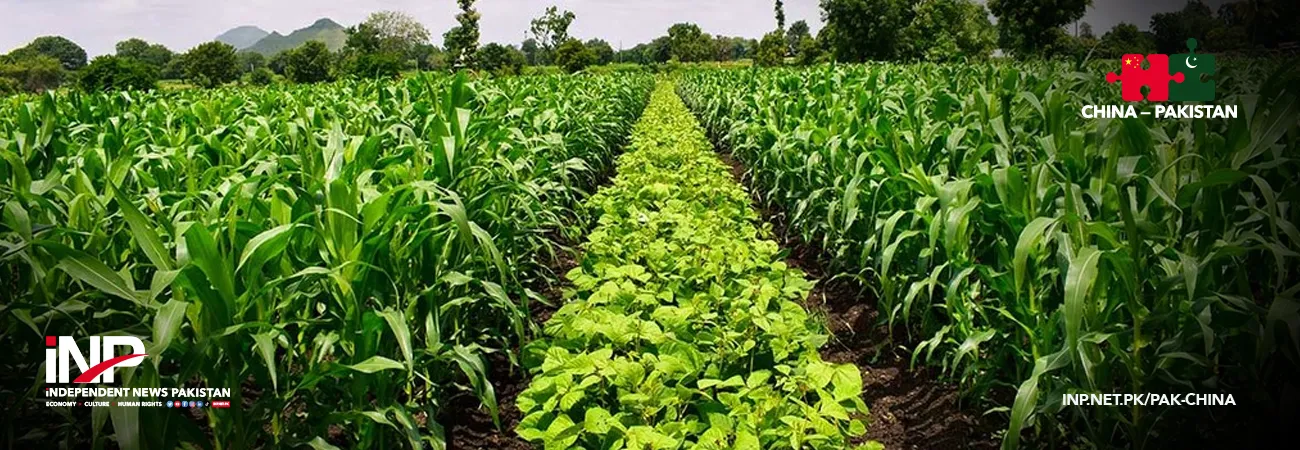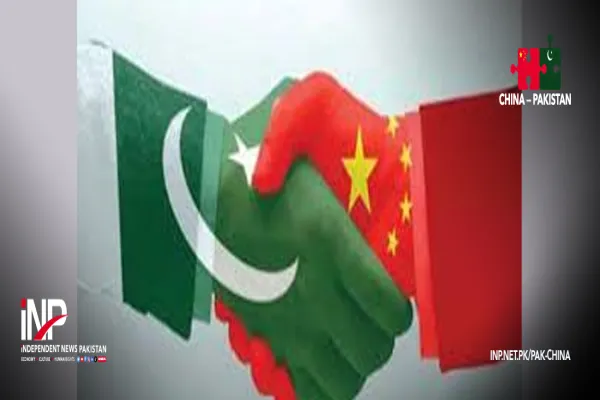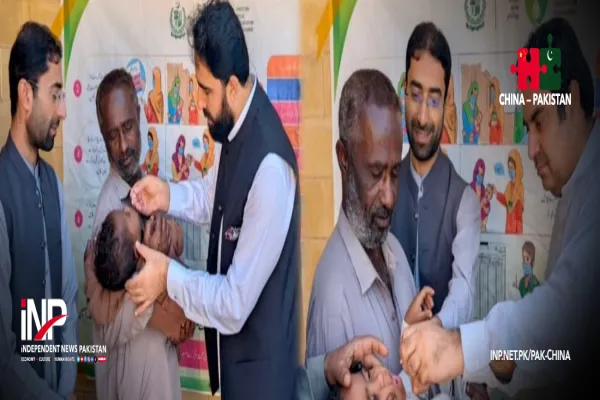i NEWS PAK-CHINA
"Rather than creating new/dedicated cultivation window for soybean production, the existing area under cultivation of sugarcane and maize bears the potential to produce up to 2.7 million tons of soybean with the same land, water and fertilizer resources that are being supplied to these major crops." This was stated by Dr. Sajad Hussain from the National Research Center of Intercropping (NRCI) at the just-concluded National Workshop on Soybean Production in Pakistan organized by FAO to make possible solutions for reducing soybean's import bill of $1 billion by domestically producing 2-2.5 million tons of soybeans. In the technical session, representatives of different institutes shared their research, current challenges and status of soybean cultivation in Pakistan. Dr. Sajad presented the practical and possible solution of soybean cultivation with intercropping technology in Pakistan. He emphasized that designating new area for soybean as well as convincing the farmers for large scale mono-cropping of soybean at the expense of compromising cultivation area of major crops would be extremely difficult. "4 major crops i.e. wheat (9 million ha), maize (1.6 million ha), sugarcane (1.26 million ha) and cotton (1.9 million ha) are being cultivated extensively.
To produce soybean of the target, we will need to cultivate soybean on at least 2 million ha by replacing any other major crop," he said. According to Dr. Sajad, under the present challenging scenario of soybean demand in Pakistan, the strip intercropping of soybean with other major crops would the best possible solution. Since 2018, Dr. Muhammad Ali Raza, a post-doc who graduated from Sichuan Agricultural University (SAU), China, and now acts as the Director of NRCI, has started to promote China's maize-soybean strip intercropping technology in Pakistan with his professor Yang Wenyu's support and guidance, which has received good response in recent years. "Up till now, over 2,000 farmers have successfully practiced intercropping in Pakistan," Dr. Muhammad Ali Raza revealed. Currently, NRCI is working on the different cereal-legume intercropping systems including wheat-based and sugarcane-based intercropping system. Moreover, local scientists at the institute has already developed and optimized the maize-soybean and sugarcane-soybean intercropping systems as a possible solution to beat the rising import bill of soybean in Pakistan.
"Through these optimized intercropping systems, we can harvest an additional 1 ton of soybeans at least, along with 72 tons of sugarcane or 7.5 tons of maize per hectare," Dr. Sajad concluded. The session chair of Formulation of National Plan for Soybean Production, Vice Chancellor, University Agriculture Faisalabad, Prof. Dr. Iqrar Ahmad endorsed the potential of intercropping systems especially the sugarcane-soybean intercropping to address the soybean production problems in Pakistan. He stressed to include the soybean-based intercropping systems of NRCI as a potential solution to meet the targets in 5 years' production plan of soybean. Dr. Kausar Abdullah Malik, Caretaker Federal Minister for National Food Security and Research (MNFS&R), Captain (Retd) Muhammad Mahmood, Federal Secretary MNSF&R, Ms. Florence Rolle, Country Representative FAO in Pakistan, Dr. Ghulam Muhammad Ali Chairman PARC, Dr. Muhammad Arshad, Director, Crop Sciences Institute, NARC, etc. attended the workshop.
Credit: Independent News Pakistan (INP) — Pak-China









